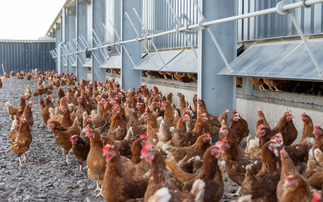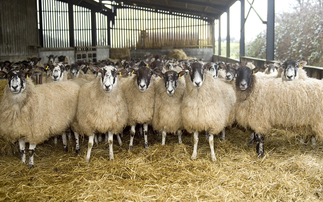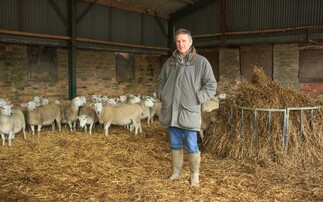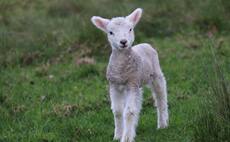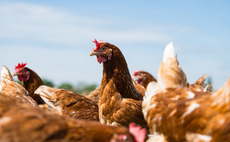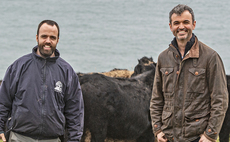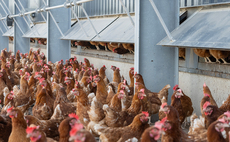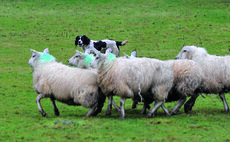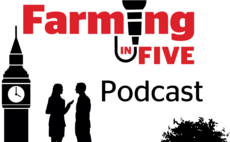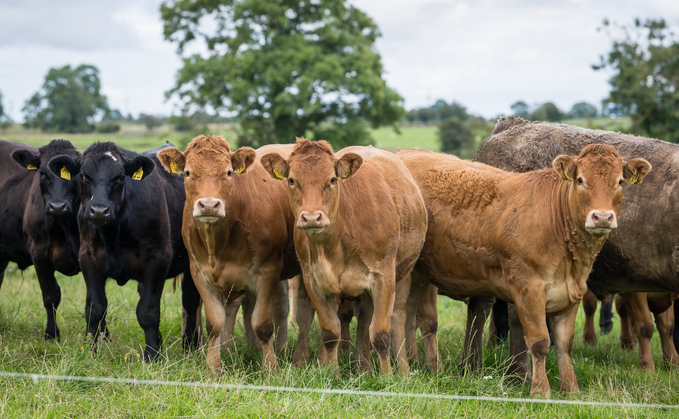
11 cases of bluetongue have been detected in livestock since November 11 in Kent and Norfolk
The Government has placed restrictions on the exports of cows and sheep after recent cases of bluetongue were identified on farms in the UK.
Defra has confirmed ruminants from Northern Ireland and Great Britain cannot be exported from a GB Assembly Centre to the European Union or moved to Northern Ireland after 11 cases of the virus were identified in Kent and Norfolk since November 11.
Bluetongue identified at Norfolk farm
The impacts on susceptible animals can vary greatly - some show no symptoms or effects at all while for others it can cause productivity issues such as reduced milk yield, while in the most severe cases can be fatal for infected animals, Defra added.
Chief Veterinary Officer Christine Middlemiss said farmers must remain vigilant and report suspicions to the Animal and Plant Health Agency (APHA).
First Bluetongue case found in sheep
"Bluetongue does not pose a threat to human health or food safety, but the disease can impact livestock farms, and cause productivity issues," Ms Middlemiss added.
"This detection is an example of our robust disease surveillance procedures in action and it is also a clear reminder for farmers the disease remains a threat, despite coming towards the end of the midge activity season."
APHA confirmed cases of bluetongue had been identified in Germany, Spain, Italy, France, Belgium and the Netherlands.
Ruminant Health and Welfare said the Farming Community Network would provide an update for Kent farmers at an event tonight (December 11).








